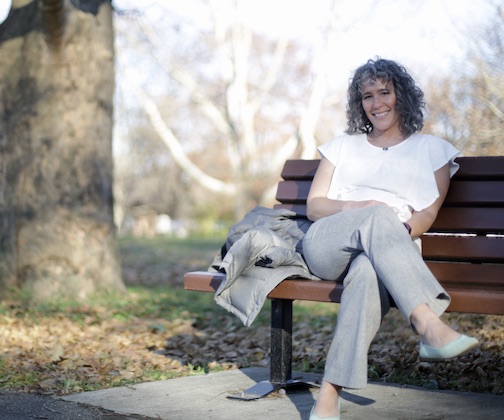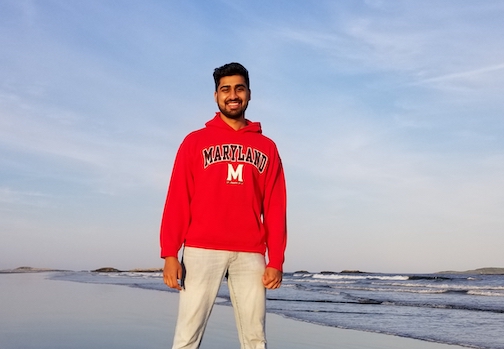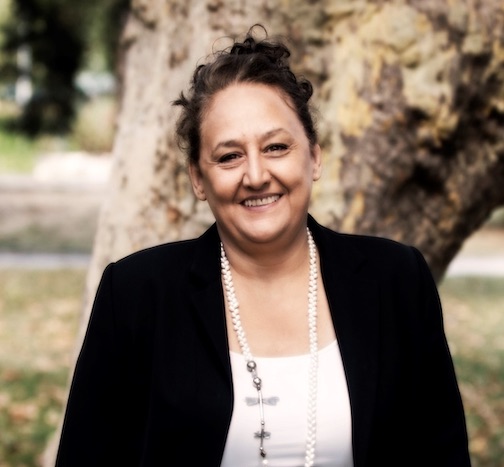Tell us about your background and what got you interested in health and medicine?
I always knew that I wanted to become a professor, I just didn’t know that I would be working in public health. My father motivated me to go all the way and get my PhD. I started out as a psychology major at the University of Colorado, Boulder. I then went on to get my Masters of Science in health psychology from Leiden University. When I learned about social epidemiology and how I could work in social medicine, and use data to advance knowledge about health inequality and human rights, I jumped at the chance to complete my PhD at the University of Amsterdam/Amsterdam Medical Center with some of the best scholars in the field.
Tell us about your work as a medical professor
As a college professor my work entails lecturing to college students and emerging myself in research. I teach courses to students interested in health. Aspiring medical doctors and nurses learn about the body in their health courses, but it’s also important to learn about social determinants of health, and that’s where someone in my line of work steps in. My research centers on societal and environmental factors that can influence health. I do not see patients. My subjects are examined by using survey data. Much of my time is spent investigating health using statistical programs.
How has your routine changed since the pandemic?
I first got sick with COVID-19 back in March, so my routine completely changed from the very beginning of the pandemic. To this day, I do all my shopping online. I do not go to grocery stores. I do not go into restaurants and I do not travel by plane. COVID-19 left me with neurological problems, among other health issues. At this moment I am not able to teach. I am still working on research at my own pace.
What do you wish the public knew about what you experience, in your field of health?
I wish that more people in America believed that health is a human right, especially now with COVID-19 ravishing low-income communities. The pandemic is shining a huge spotlight on what the consequences of not having adequate healthcare does to our society—something that health disparity researchers have known for decades. I’d like it if more people knew that America spends the most on healthcare as compared to all other high-income countries, yet our population health rates are lagging. This means that we pay more but are not getting more in terms of overall population health. I would also like the public to know that women, especially BIPOC women are not always treated with respect by doctors. A lot of women are not being listened to or being taken seriously when they see their doctors, and this is especially a problem during the COVID-19 pandemic.
What is the best part of your day? The hardest?
Being sick with COVID-19 for the past six months means there isn’t really a best part of my day. I will say that Covid-19 symptoms are hardest to deal with at night.
Will Covid-19 change your approach to your work going forward?
When the time comes that I can teach again, I do not plan to teach face–to-face because I believe that it will put me at an unnecessary risk. We are seeing reports that college students are having secret parties and not practicing social distancing. I know what it feels like to believe that you are almost dying from COVID-19 complications, I also know what it feels like to deal with COVID-19 post-viral syndrome long-term, so I’m simply not ready go back and lecture in a windowless classroom full of college students, until a vaccine is in place.
What is the best life/career advice anyone has ever given you?
Be persistent.
Can you recommend one easy, daily self-health practice that can help people get through the day?
Having enough time in the day is simply a matter of organizing your priorities, so make sure to carve out time for yourself each day to do whatever it is that brings you inner peace.
Is there anything else you’d like the public to know about how it feels to be a professor in the middle of a pandemic?
I've taught successfully online for years at my university, and now because of the pandemic and the increase in online teaching, many people are debating about what many professors have been doing for years. For some university courses, online learning is not less in quality as compared to face-to face instruction. Some of the best teachers taught virtually, think about Mr. Rogers and LeVar Burton of Reading Rainbow. Don't underestimate what a good teacher can do with technology. Future students should find a university that has a robust online program, because we do not know how long we will be living in the middle of a pandemic.
More Stories from Kinnected

At times, it has been really frustrating to be a strategist and health communication professional and witness the lack of strategic planning and messaging that we have over the last two years.
-
4 years ago

"What many people miss is that emotional exhaustion among clinicians existed long before the pandemic."
-
4 years ago

"A lot of people argue whether technology is good for the future of humanity or bad. In my opinion, it is both - just as an herb could be a poison or a medicine."
-
4 years ago

